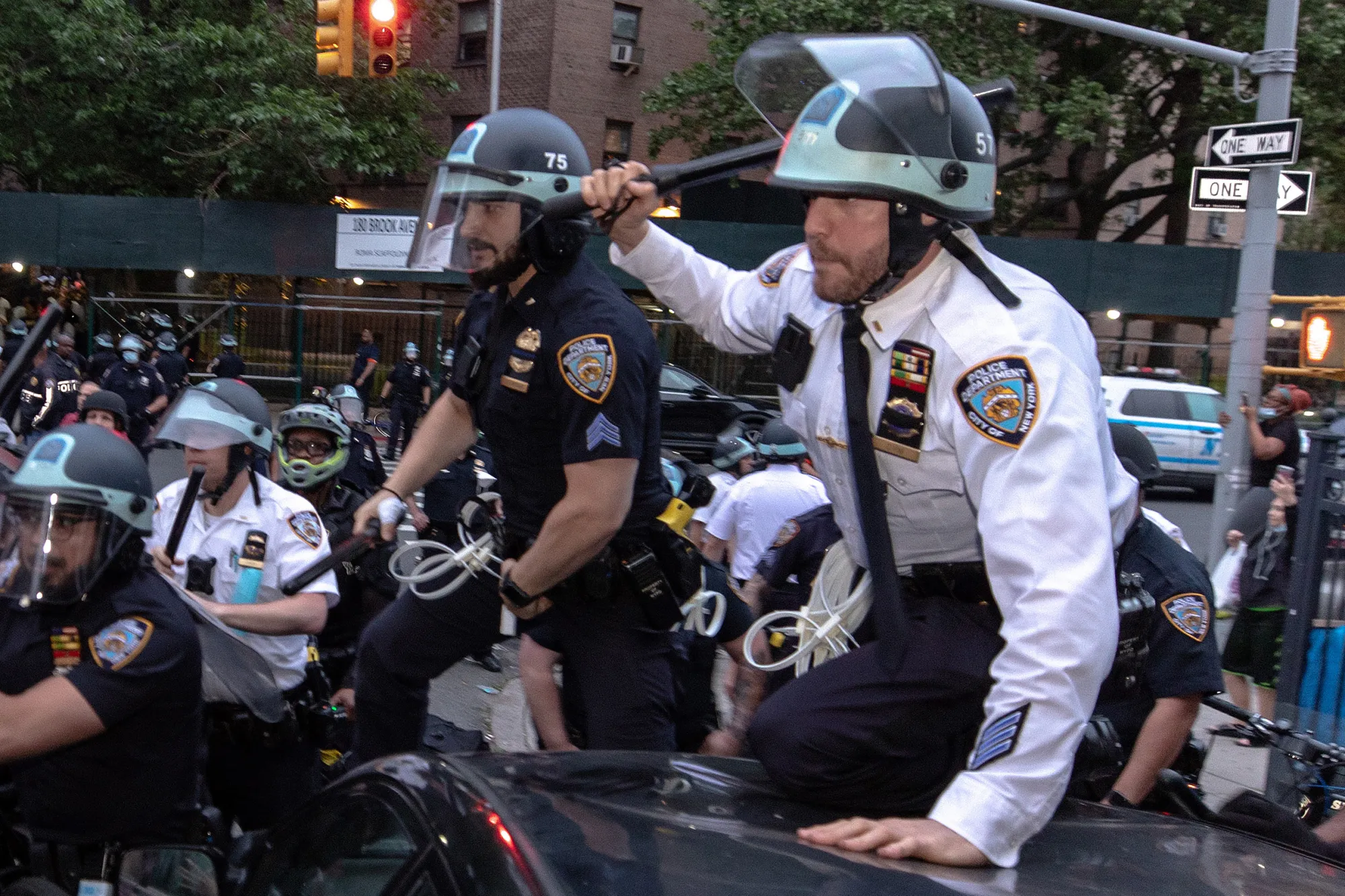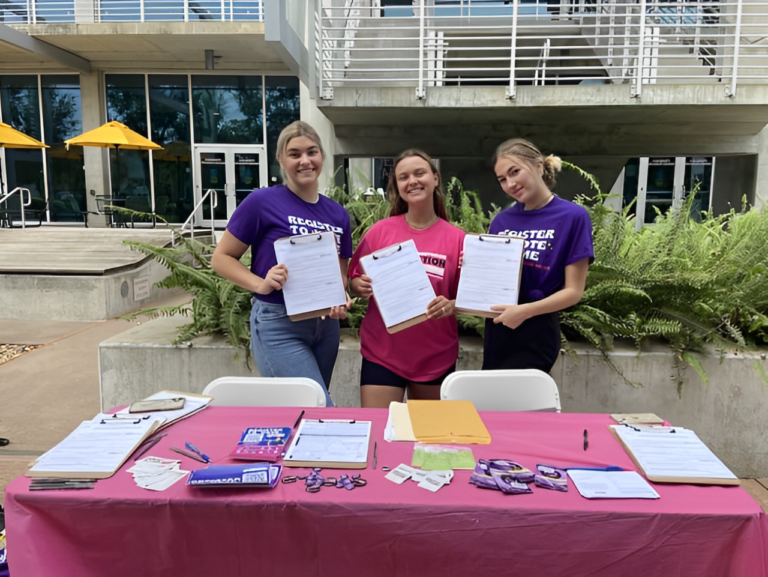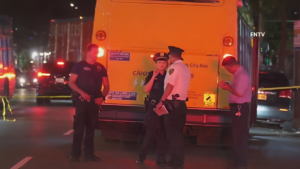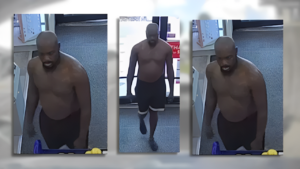During a protest in Lower Manhattan in the summer of 2020 against police violence, tensions escalated as NYPD officers intervened forcefully. Brianna Villafane, among the protesters, recounted a harrowing experience where an officer forcibly grabbed her by the hair, causing her significant distress and difficulty breathing.
This incident was investigated by a civilian oversight agency tasked with examining allegations of police misconduct. The agency concluded that the officer, identified as Gerard Dowling, had engaged in serious misconduct that could potentially constitute a criminal offense.
Typically, such cases would proceed to a public disciplinary trial overseen by the New York Police Department, where evidence would be presented and the officer questioned. However, NYPD Commissioner Edward Caban intervened using his authority of “retention,” a rarely used power that allowed him to decide the outcome of the case unilaterally.
In a private assessment, Commissioner Caban determined that no disciplinary action was necessary, deeming the force used by Officer Dowling as “reasonable and necessary.” This decision effectively bypassed the disciplinary process, denying Villafane and others the opportunity for a public forum to address their grievances and seek accountability.
The fallout from Commissioner Caban’s decision has sparked criticism and calls for transparency within the NYPD’s disciplinary procedures, raising concerns about accountability and the handling of allegations of police misconduct.
Read More: Shooting Incident Rocks Harlem: MTA Bus and Two Victims Wounded!
Hello Kitty Mania Hits Nordstrom: A Super Cute 50-Year Celebration!
NYC Police: Robbers Attack Restaurant and Steal from Diners as Shocked Customers Watch!
Despite the findings of serious misconduct, Dowling continues to serve within the NYPD as a deputy chief, overseeing units tasked with managing protests across New York City. The case underscores broader issues surrounding police oversight and the challenges faced by civilian review boards in ensuring accountability within law enforcement agencies.







+ There are no comments
Add yours